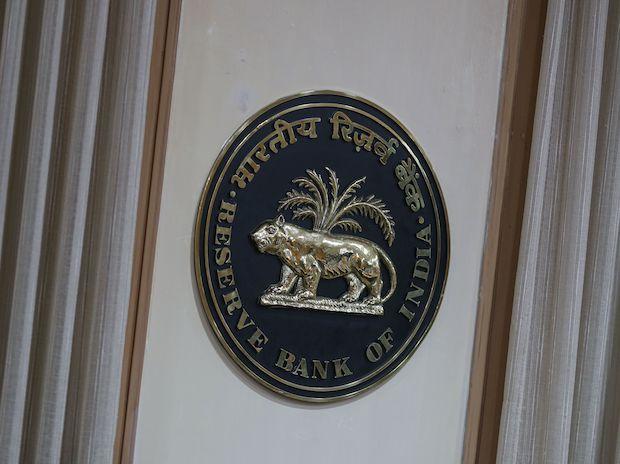A few automakers, global as well as Indian, were not letting domestic component manufacturers localise their production and were forcing them to import from suppliers they preferred, Commerce and Industry Minister Piyush Goyal said on Wednesday.
“It has been brought to my attention that some auto ancillary companies that have collaboration with other firms around the world are also facing some stress and pressure from their joint venture partners (to import),” he said in his address at the 62nd annual session of the Automotive Component Manufacturers Association.
The government views this matter seriously, the minister noted.
“I am sure that our Indian companies will be in a position to give them a fair and honourable exit,”he added. His remarks come even as the Indian auto component industry exported parts worth $19 billion in FY22.
Also, for the first time, it shipped out more than what it imported and the trade surplus stood at $700 million. The industry clocked its highest ever turnover of Rs 4.2 trillion in 2021-22, registering a growth rate of 23 per cent. Goyal’s remarks disconcerted automakers and their suppliers.
“Most of us have a conducive relationship with our OEMs (original equipment makers) As a matter of fact, they want us to localise and have very stringent localisation targets,” said a top official at an auto component maker.
Vinnie Mehta, director general, Automotive Component Manufacturers Association, said: “The remarks should be seen in the context of trade facilitation and ease of doing business. What he has been doing for the industry is very encouraging.”
An executive who serves on the boards of several auto component firms said what the minister said would have been true six to eight years ago, when localisation was not high on priority.
In the absence of local wherewithal, manufacturers would often ask the suppliers to import some parts or technology and sometimes even a certain grade of steel to meet their quality standards, the executive said. But that is no longer the case.
 Dear Reader,
Dear Reader,
Business Standard has always strived hard to provide up-to-date information and commentary on developments that are of interest to you and have wider political and economic implications for the country and the world. Your encouragement and constant feedback on how to improve our offering have only made our resolve and commitment to these ideals stronger. Even during these difficult times arising out of Covid-19, we continue to remain committed to keeping you informed and updated with credible news, authoritative views and incisive commentary on topical issues of relevance.
We, however, have a request.
As we battle the economic impact of the pandemic, we need your support even more, so that we can continue to offer you more quality content. Our subscription model has seen an encouraging response from many of you, who have subscribed to our online content. More subscription to our online content can only help us achieve the goals of offering you even better and more relevant content. We believe in free, fair and credible journalism. Your support through more subscriptions can help us practise the journalism to which we are committed.
Support quality journalism and subscribe to Business Standard.
Digital Editor



 Dear Reader,
Dear Reader,

GIPHY App Key not set. Please check settings